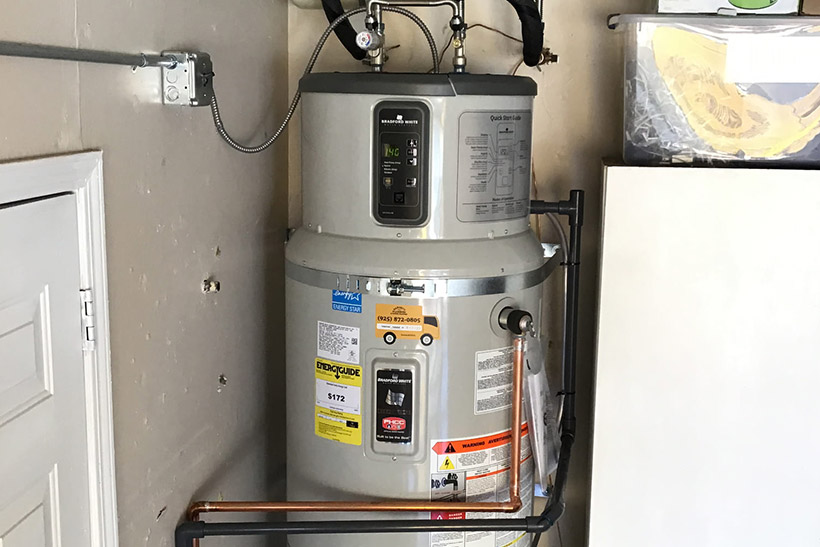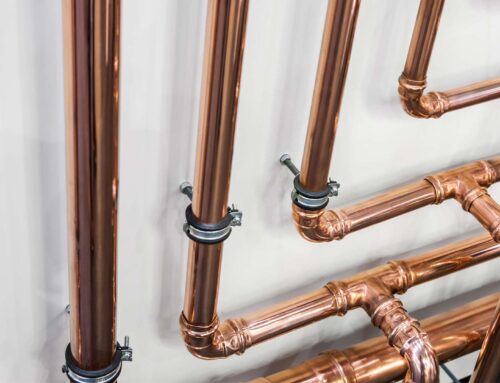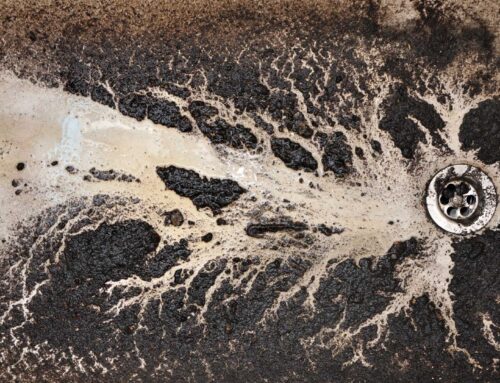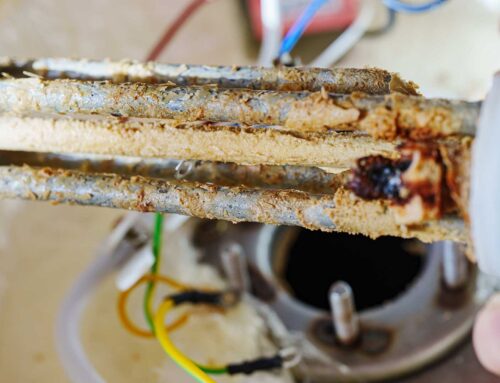Hybrid water heaters are booming in popularity, but that doesn’t mean they are the perfect solution for every household. While they are highly energy-efficient and can reduce your utility bill, they have some disadvantages. As with all major appliance purchases, knowing what you’re getting into is essential before you commit to a unit that will last 10 years or more. Here are the four downsides of hybrid water heaters that you should be aware of before making the switch.
1. High Up-front Cost
Hybrid water heaters include heat pump technology to heat the water and a typical electrical heating system to supplement it. As it consists of two technologies in one unit, these heat pumps are significantly more expensive upfront than a comparable electric-only model. Sure, they pay for themselves in reduced utility bills, but this typically takes a few years.
Those in California don’t need to worry as much about this upfront cost. The state government currently offers thousands of dollars in potential rebates for hybrid water heaters. That makes the price of these units and gas water heaters comparable. We can help you assess if you’re qualified.
2. A Little Larger
Many hybrid water heaters (specifically the models we install) have many intelligent design features to make them simple to install. Still, there is no getting around the fact that these water heaters are a little larger than other types. If space is tight, we may need to make changes to get your water heater in place. Or, it may fit perfectly. It all depends on your home. This won’t be a problem for most people, but just in case, we can sort out if a hybrid water heater will fit in your home.
3. Still Relies on a Tank
You may have heard of the benefits of tankless water heaters, including that they can produce a specific volume of hot water for as long as you want them to—quite literally. Unfortunately, hybrid water heaters still rely on a tank, which means that at some point, they max out on hot water and need to recover. Thanks to their electric backup, recovery is always quick. They do have generous tank sizes too. But if you need to take exceptionally long showers or have other uses for tons of hot water, a tankless water heater may be a better choice.
4. Includes a Drain and Filter
They need additional parts such as a drain line and a filter to accommodate the heat pump technology that makes hybrid water heaters so energy-efficient. These components need more maintenance and potentially not the kind of maintenance you’re used to providing for a heat pump. For example, the filter needs to be changed. The drain line may need to be descaled.
The good news is that more regular maintenance can keep the unit working longer, well past the life span of a typical electric water heater.






